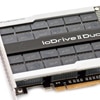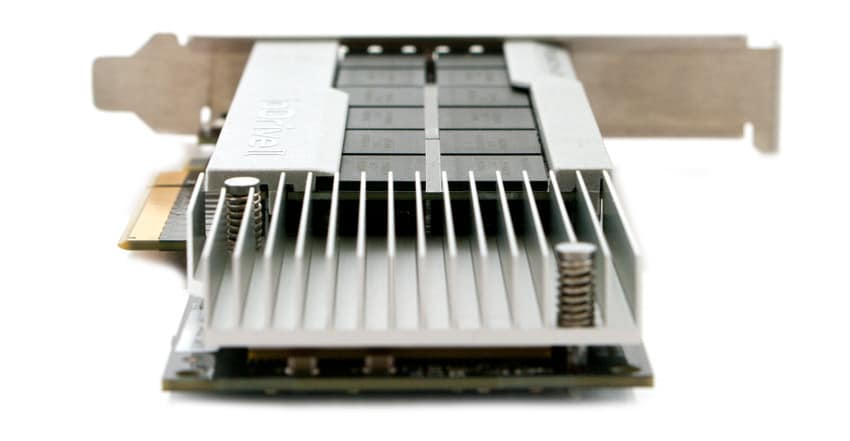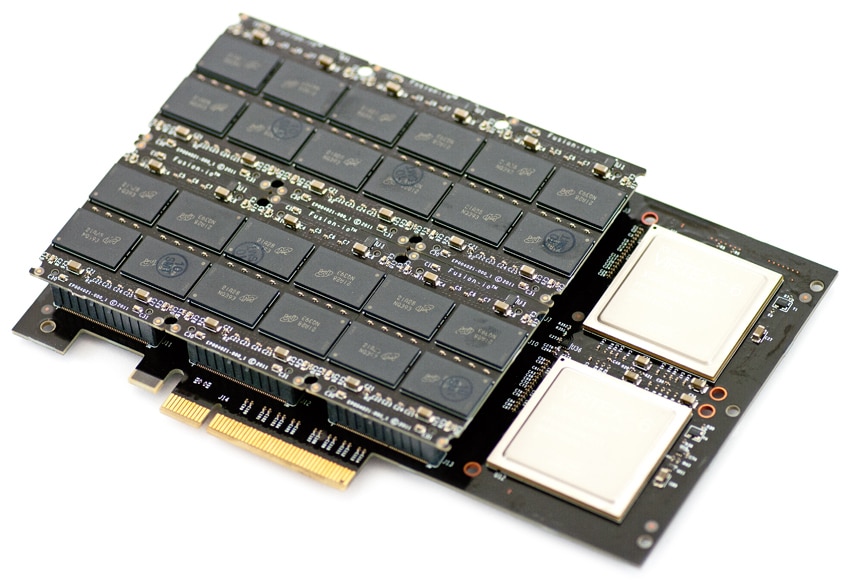
Fusion-io is making the first open source software contribution with its nonvolatile memory key-value interface to flash, NVMKV. MySQL databases MariaDB and Percona Server already support Atomic Writes API. Enabling a processor to write multiple simultaneously independent storage sectors as a single storage transaction, Atomic Writes streamlines data writes to improve performance. Atomic Writes provides performance throughput increases up to 50%, as well as a 4x reduction in latency spikes, as compared to running on the same flash memory platform without Atomic Writes. Fusion-io has extended the Linux I/O layer to allow these mainstream file systems to utilize Atomic Writes for a variety of applications.
NVMKV eliminates the need to convert native key-value I/O to block I/O which significantly reduces complexity. Fusion-io has made the NVMKV interface available to the open-source community to accelerate the development of flash-aware database applications.
With traditional disk drive environments Demand Paging is unacceptably slow, which forces database developers to develop alternatives that add extra application code. When the application exceeds the capacity of DRAM, flash-aware Demand Paging provides continued performance, ensuring flexibility under various load scenarios.


